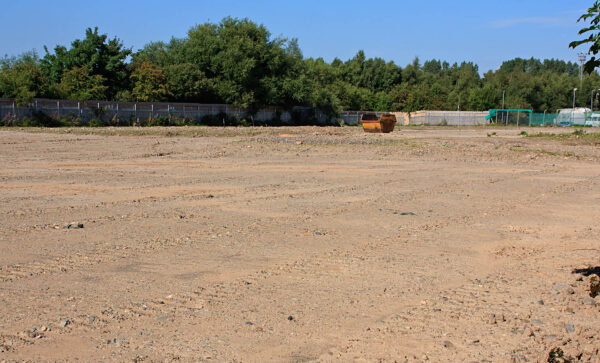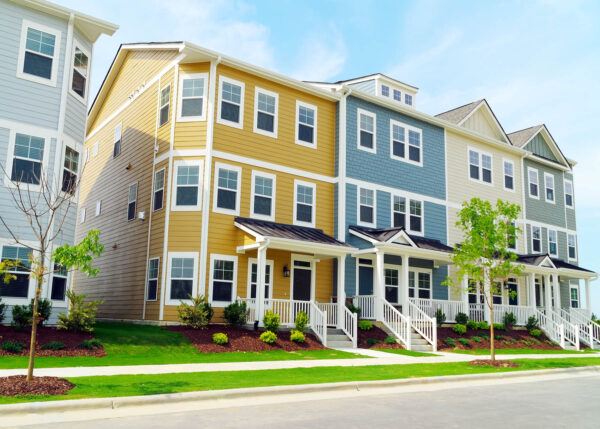In the quest for affordable housing solutions within Washington D.C., modular and prefabricated construction emerges as a game-changer. This method, which entails assembling building sections manufactured off-site, offers a beacon of efficiency and cost-effectiveness crucial for the D.C. market. The reduced construction timelines and minimized on-site labor associated with modular construction can significantly lower project costs, making it an attractive option for developers focused on affordable housing projects. D.C.’s unique urban landscape, characterized by its historical significance and dense population, presents both challenges and opportunities for modular housing. Developers like CJR Builds can lead the way in showcasing how modular construction can be adapted to fit the aesthetic and structural demands of D.C.’s neighborhoods, providing affordable, high-quality housing solutions that respect the city’s architectural heritage while addressing its pressing housing needs.
Leveraging Public-Private Partnerships (PPPs) for D.C.’s Affordable Housing
Public-Private Partnerships (PPPs) stand out as a vital strategy for accelerating affordable housing development in Washington D.C. By fostering collaborations between governmental bodies and private developers, PPPs can unlock new avenues for creating mixed-income housing projects that cater to a diverse demographic. The D.C. area, with its complex regulatory environment and high demand for affordable living spaces, can benefit immensely from PPPs. These partnerships not only enable the sharing of financial and operational risks but also ensure that projects align with public objectives such as inclusivity, sustainability, and community integration. Incentives offered to private developers, including tax breaks and zoning flexibilities, encourage the inclusion of affordable units in new developments. This approach can create a win-win scenario, where developers like CJR Builds can contribute to the city’s affordable housing stock while benefiting from expedited processes and financial advantages.
Innovative Financing Models for Affordable Housing in D.C.
Addressing the financing challenges of affordable housing projects requires creative and innovative approaches. In Washington D.C., where the cost of land and development is high, exploring alternative financing models becomes imperative. Models such as housing cooperatives, community land trusts, and micro-financing can offer pathways to affordable homeownership and rental opportunities for low- and moderate-income families. These models often involve collaboration with non-profits, government agencies, and community organizations, providing a support network for the development and maintenance of affordable housing. For developers, engaging with these innovative financing mechanisms can open up new markets and opportunities for investment, contributing to the diversification and resilience of their portfolios.
Implementing Inclusive Zoning and Land Use Policies in D.C.
Inclusive zoning and land use policies are essential tools in promoting affordable housing within Washington D.C.’s urban planning framework. By mandating a percentage of units in new developments to be affordable, these policies ensure that affordable housing is an integral part of the city’s growth. For developers, navigating these policies requires a deep understanding of local regulations and a commitment to community development. The benefits of engaging with inclusive zoning policies extend beyond compliance; they include enhancing the social fabric of developments and contributing positively to the city’s diversity and vibrancy. Developers have the opportunity to lead by example, demonstrating how inclusive, mixed-income communities can drive social and economic benefits for all residents.
As D.C. continues to grapple with the affordable housing challenge, the role of developers in adopting and advancing innovative strategies becomes increasingly important. By embracing modular construction, leveraging PPPs, exploring innovative financing models, and adhering to inclusive zoning policies, developers can play a pivotal role in transforming the affordable housing landscape. These strategies not only address the immediate needs of the city’s residents but also contribute to the long-term sustainability and inclusivity of Washington D.C.’s urban environments. For developers like CJR Builds, the journey towards innovative affordable housing solutions is not just about building homes but about creating communities where every resident has access to quality, affordable living spaces.





